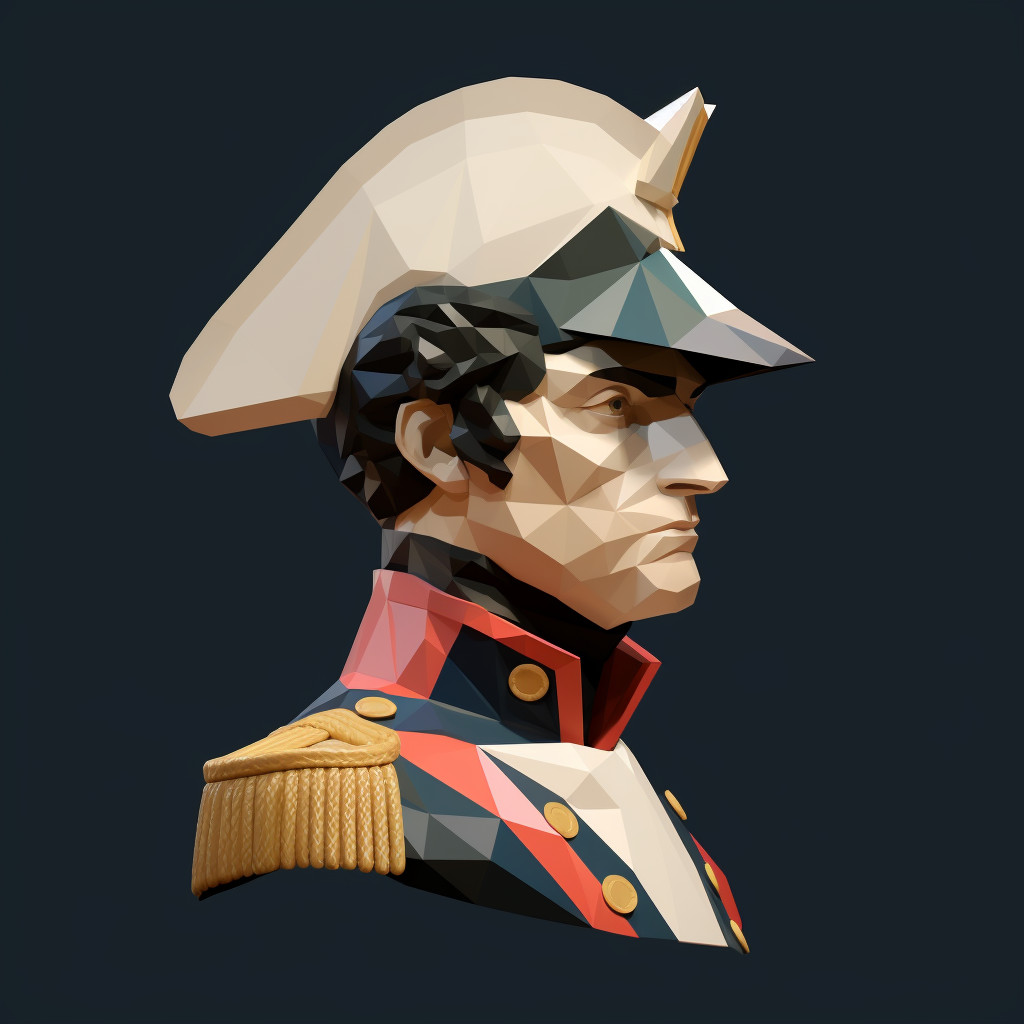This quote suggests that in the context of war, the reality isn’t just about the physical aspects such as the number of troops, weaponry, or geographical advantages. Rather, the character of the individuals involved and their opinions play a significant role in shaping the outcomes.
Character refers to the mental and moral qualities distinctive to an individual. In war, the character of the leaders and soldiers can greatly influence the course and outcome of the conflict. For instance, bravery can lead to unexpected victories, while underestimation or overconfidence can lead to disastrous defeats.
Opinion, on the other hand, refers to the beliefs or views held about the war. These can be the opinions of the leaders, the soldiers, or even the general public. Opinions can shape strategies, influence morale, and affect the willingness to fight or negotiate.
Therefore, according to the quote, the physical aspects of war might be less significant than the psychological and moral aspects. The character and opinions of the individuals involved can shape the reality of war, influencing its course and outcome.
In today’s world, this idea can be applied beyond the context of war. In business, politics, or personal development, the character and opinions of the individuals involved can significantly shape the reality. For instance, in a business negotiation, the character of the negotiators and their opinions about the deal can greatly influence the outcome. Similarly, in personal development, an individual’s character traits and beliefs can greatly affect their growth and success.
In conclusion, this quote emphasizes the importance of psychological and moral aspects in shaping reality, whether in war, business, politics, or personal development. It suggests that understanding and developing one’s character and being aware of one’s opinions can be as important, if not more, than focusing on the physical or tangible aspects.










